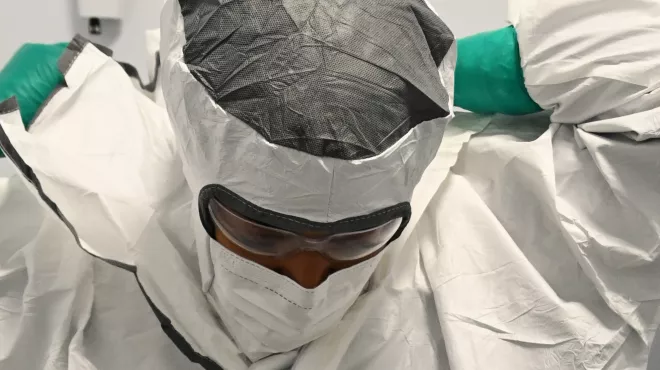
In this installment of “Novartis Presents: Women in Science,” cancer researcher Wendy Winckler shares her thoughts on workplace diversity and describes the importance of female role models.
What is the best piece of career advice you have received, and what would be your advice to other women?
One of the things that I have found to be most important is role models. It can be difficult as a young woman scientist to see yourself at the next level or the level after that, unless you’ve seen someone doing it. I feel like I was very fortunate to be at places where there were a number of women leaders. These women were not just great scientists who were having impact and had power, but they also had families. They were very open and generous with their advice about how they balanced their professional and personal responsibilities. I always knew I wanted to do both well, but I wasn’t sure if it was even possible, so I needed to see someone else doing it to know that it could happen.
Have you had the experience of being the only woman in the room, and if so, how did you handle it?
Well, sometimes that’s the reality – and I have to remind myself a little bit more to speak up. I’ll be honest, when I first got to Novartis, I would have to force myself to sit at the table. In my case, not only was I the only woman, but I might be 15-20 years younger than most of the men in the room, too. And I just had this constant self-doubt: Do I belong at this table? Will anyone care what I have to say? Are my ideas even appropriate? Once you get more familiar with it, it becomes easier [and] comfortable, and I don’t even think about it very often anymore.
One of the things that I have found to be most important is role models.
Wendy Winckler, Executive Director, Oncology Research
How important is gender and other kinds of diversity for the success of teams?
My leadership team has shifted over the years and currently happens to be mostly women. I wonder sometimes: Do the men on my team who are now in the minority feel in some way like they are not as welcome to contribute? Or have we shifted the gender dynamic in a way that’s not as productive for them, and how do I need to accommodate that? I guess in terms of equality, that’s a good problem to have, but I also think it’s one we need to be conscious of. It’s the same with diversity in general; there are going to be differences. There are going to be introverts and extroverts, men and women, junior and senior people, and we need to find ways to be inclusive, and be conscious of that.
What inspires you?
I am particularly passionate about using genomic technologies to reveal the genes and pathways that are dysregulated in tumors, and how this impacts their response to therapy. But I’m also really excited to lead a team – and I’m so excited to be in a job that allows me to do both every day. Not many people who are running a group the size of my team get to still feel like they’re participating and seeing science as it is happening. One of the biggest motivations in coming to Novartis was not just to get to do cancer genetics but to see it rapidly iterate into changes in how we treat cancer patients.
Learn how female role models helped one of our #WomenInScience succeed.



